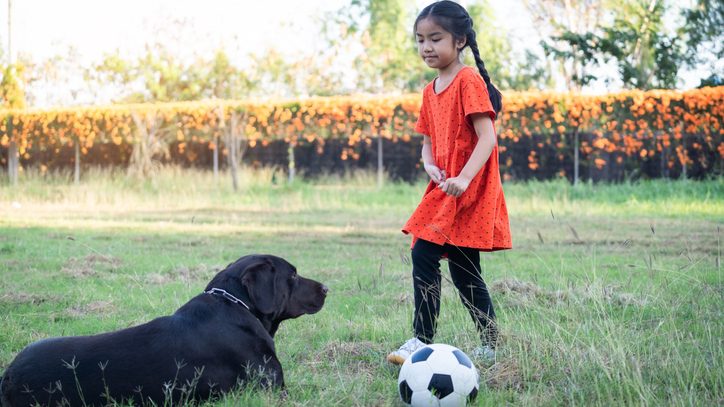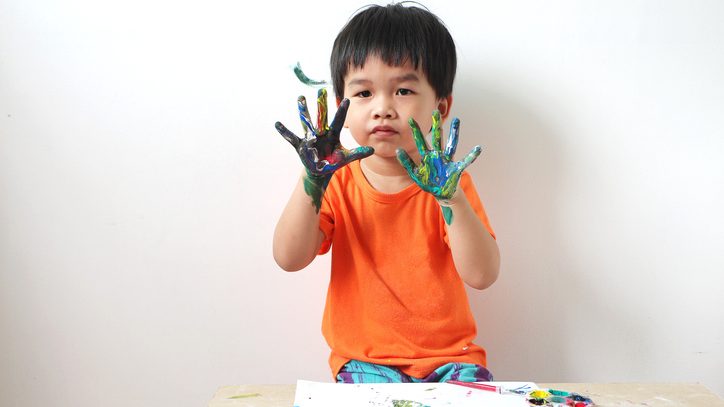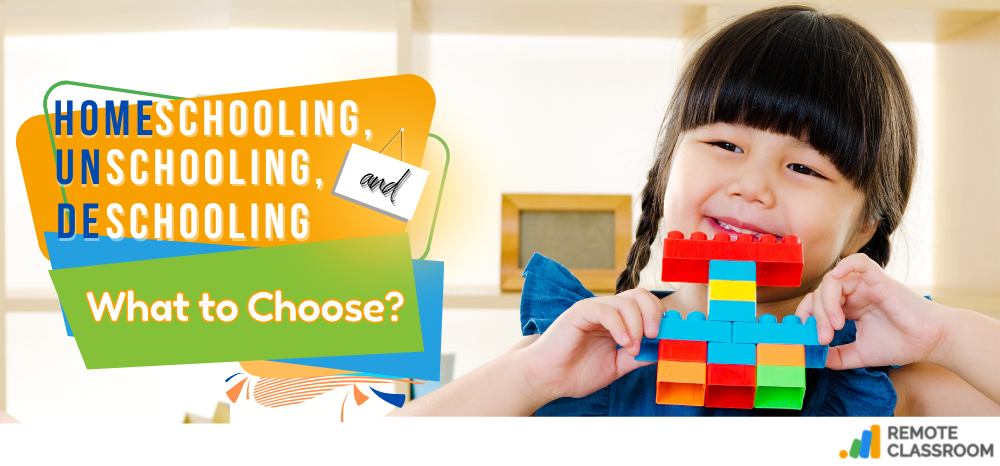How do homeschooling, unschooling, and deschooling differ from each other? This article will also introduce you to how they work and will help you choose what suits your child.
It is common knowledge that homeschooling is education at home. There are many types of homeschooling and these can be confusing to parents new to this concept.
Homeschooling is a popular term, but what about unschooling and deschooling? They all have one similarity: Home as a classroom. Yes, they all happen inside your home, but all have distinct characteristics too.
Homeschooling

Homeschooling is an umbrella term, meaning learning outside a traditional school setting, and usually takes place inside a house with parent/s as teachers. Parents who choose to homeschool their children can choose between following a curriculum, enrolling them in a school with a homeschool program, or learn through interactions with people and their environment.
Read: 9 Best and Free Online Homeschooling Programs
There are many styles of homeschooling, such as traditional homeschooling, roadschooling, worldschooling, unschooling, and many more. For this part, we will focus on unschooling and deschooling, and how they work.
Unschooling

Unschooling is the absence of a curriculum in a child’s education. It works freely and accordingly on how the child wants to learn, with his/her parents’ guidance. They are free to learn whatever inspires them or sparks their interest. It is also called “natural learning,” “experience-based learning,” or “child-led learning.”
Contrary to others’ beliefs, unschooling is not the rejection of learning. In this setup, students learn naturally instead of reading textbooks and answering tests. They also get to choose where they actually excel and hone their skills even more.
These interests also incorporate the concepts from default subjects like science, math, and language. With unschooling, students learn freely while doing what makes them happy.
Deschooling

Meanwhile, deschooling is the period between the switch from public school to a wholly different method, with homeschooling as a popular example. In short, it is the adjustment period if you choose to change your child’s educational approach. Traditional school setups have different cultures compared to homeschooling.
Deschooling is a crucial process for both new homeschoolers and parents. It helps you to remove the habits your child picked up from the traditional setup, such as raising a hand to recite. It allows your child to be comfortable with the homeschooling setup.
Deschooling also aids you to be an effective homeschooling parent. The adjustment period gives you time to research homeschooling, available curricula, and other responsibilities.
Now, what to choose?

The answer is: it’s really up to you, especially your child. With deschooling explained above, two choices are left: homeschooling or unschooling. Deschooling suits your child if he/she came from a traditional school, and is a must when shifting. Sometimes, unschooling happens when you implement deschooling. Children can learn with new experiences while deschooling, such as reading what interests them, doing outdoor activities, or interactions with animals.
Homeschooling follows a curriculum while unschooling does not. If you believe in your child’s capability to choose what’s best for him/her and are against pressure in studying, go for unschooling. Homeschooling, in contrast, is still the same as trad school; but contains some modifications suitable for the house setup and its facilitators.
Again, it is up to both of you. As their parent, you have to assess which area/s your child excels at and what makes learning fun for them. Both approaches provide fruitful effects on a child’s development, cognitive skills, and even motor skills. On the other hand, you must give your child the authority to decide, too. As long as your kid is enjoying learning, you do not have to worry about anything.
For more details about the difference between the three, watch the videos below:
Conclusion
Homeschooling is beneficial for your kid for it promotes academic flexibility, a parent-oriented approach, stronger bonds with family, absence of peer pressure, and many more. Unschooling is the absence of a curriculum while homeschooling and is a natural way for a child to learn and grasp new concepts that interest them. Lastly, deschooling is the adjustment period from being enrolled in a traditional school to homeschooling.

All of these approaches are valuable for a homeschooled child. In the end, we all advocate for a happier learning setup and less to no pressure at all. Your child must love learning and not despise it.
With the help of applications like Remote Classroom, it will be better for parents to handle homeschooling. The Remote Classroom App lets you track the students’ school works and lets you monitor your child’s activity on and off virtual classes. It also takes screenshots on their monitors for you to have a closer look at their progress on his/her studies.
#remoteclassroomph
#remoteclassroom
#remotelearning
#remoteeducation
#remoteschools
#onlineteachers
#onlinetutoring
#virtualteaching
#lifeschooling
#intentionalschooling
#virtualclass
#onlinelearning
#homeschooling
#virtuallearning
#onlineschools

